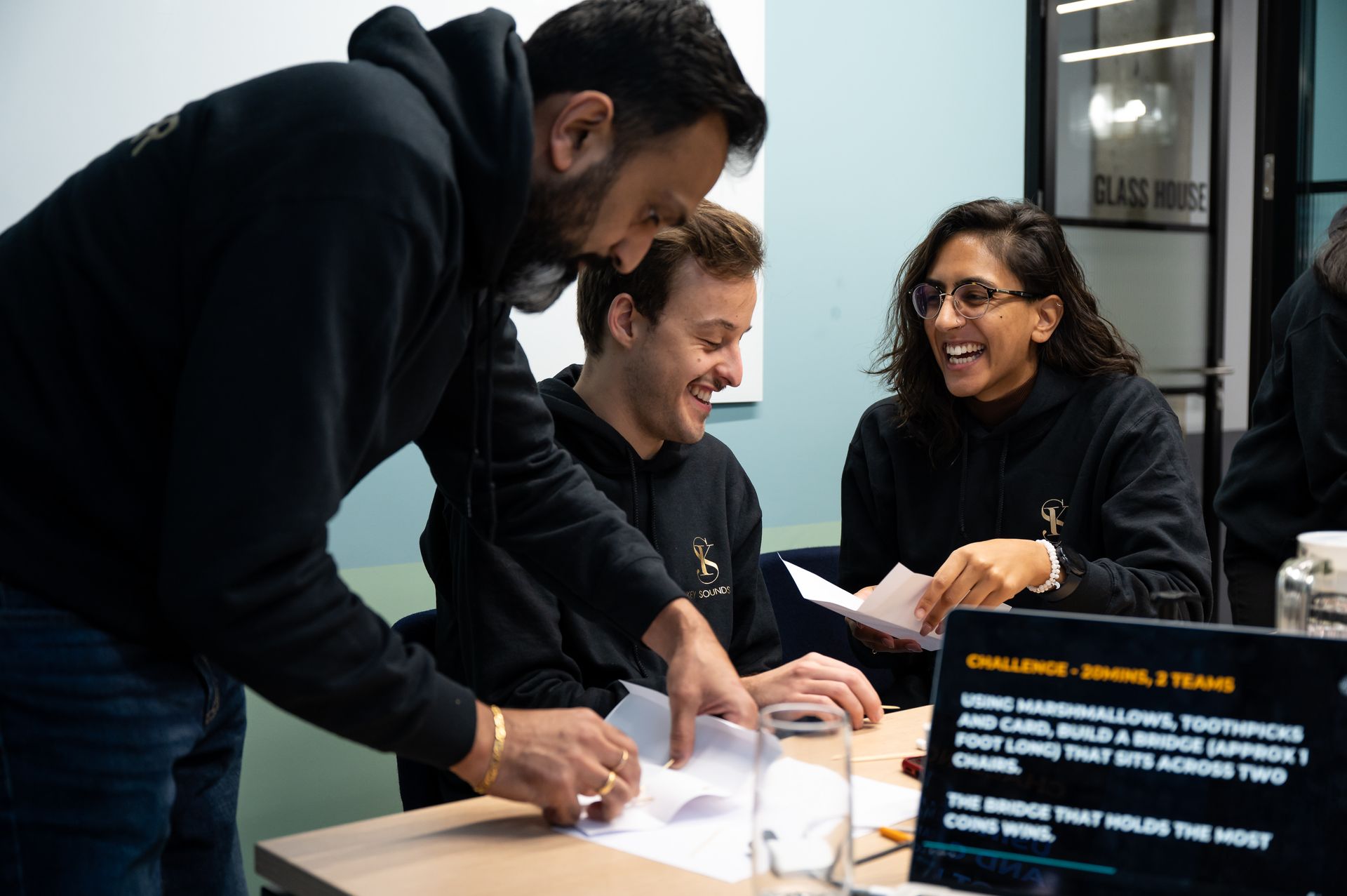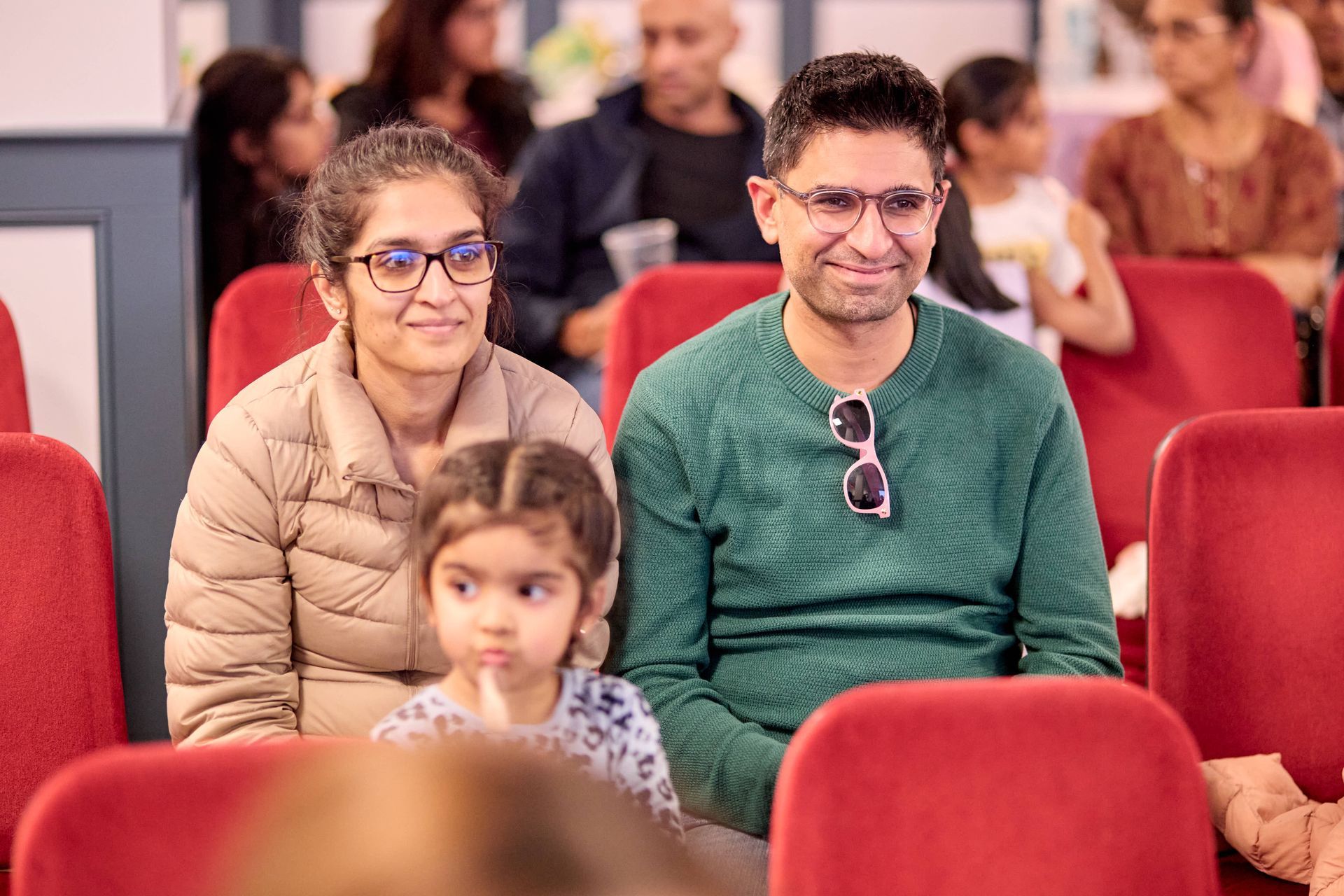Reshmi Patel • September 13, 2021
Don’t You Wish You Could Support Your Child Further with their Piano Practice
When our child is stuck on a piece of maths homework we can generally step in and guide them in the right direction, but what about when they are stuck with their piano homework?
How you can support your child in their piano practice routine:
• Create a routine
Set up a routine for your week which involves a combination of ways they can incorporate musical activities into their week. The ones we have found the most useful for students are the following:
Example 1: before I leave home for school, I will practice line one of the pieces I am learning.
Example 2: after my family are home from work, I will perform the piece I have been learning to them.
Example 3: before I go to bed, I will listen to the piece I am learning on the piano.
• Reflect with your child
Here are some prompt questions you could ask them:
Q. What did you learn in your piano lesson today?
Q. What did you find tricky in your piano lesson today?
Q. How did your piano practice go today?
Q. What’s your favourite part about learning to play the piano?
• Ask the teacher
Ask your child's piano teacher if there is anything you can do to help them outside of the lesson as well as prepare for their lesson, both are equally important.
• Research
Take a look on your piano teachers’ website and see if you can find any resources or information about their teaching methods and/or resources they provide.
Remember that when you are trying out these hacks to look at them little and often but also be patient with yourself. If you wish to know more about these hacks and resources, feel free to look around our website or connect with us directly!

Music theory is the foundation of great piano playing. Here are the essential concepts every beginner should know: 1. Notes and the Musical Alphabet Music consists of 12 notes: A, B, C, D, E, F, G, and their sharps and flats. Learning the notes on the keyboard is the first step. 2. Understanding Rhythm and Time Signatures Time signatures tell you how many beats are in each measure. The most common is 4/4 time, where each measure has four beats. 3. Chords and Scales Scales build finger strength and understanding of key signatures, while chords provide harmonic structure. Start with major and minor scales, then move to simple triads. 4. Intervals and Ear Training Intervals (the distance between two notes) help with sight-reading and ear training, allowing you to recognize harmonies in music. 5. Reading Sheet Music Learning how to read notes on the staff will allow you to play a wider variety of music and become more independent as a pianist. 6. Applying Theory to Playing Understanding theory isn’t just academic - it helps you improvise, compose, and interpret music more expressively. By mastering these basics, you’ll build a solid foundation for piano success! Get in touch to find out more information here: www.keysoundsuk.com/contact

Learning to play the piano is more than just mastering an instrument, it’s a skill that can enrich your life in countless ways. Whether you dream of a full-time career in music, a side gig performing or teaching, or simply want to enjoy playing as a hobby, the piano offers lifelong benefits. Here’s why sticking with piano practice, whether you’re a beginner or an intermediate player, is always a great idea. 1. Opens Doors to Musical Career Opportunities If you’re passionate about music, learning the piano can lead to exciting career paths. You could become a professional musician, a music teacher, an accompanist, or even a composer. With dedication and practice, the piano can be a stepping stone to a fulfilling career in the music industry. 2. A Side Gig with Endless Possibilities Even if you don’t pursue music full-time, piano skills can provide additional income opportunities. You could play at events, teach lessons part-time, or collaborate with other musicians. Having a musical side gig can be both financially and personally rewarding. 3. Enhances Cognitive and Emotional Well-Being Studies show that playing the piano improves memory, coordination, and concentration. It also serves as a creative and emotional outlet, helping to relieve stress and boost overall mental well-being. 4. Builds Confidence and Discipline Learning piano requires patience, practice, and perseverance. As you progress, you’ll develop confidence in your abilities and a sense of achievement that carries over into other areas of life. 5. Lifelong Enjoyment as a Hobby Even if you never perform professionally, playing the piano is a rewarding lifelong hobby. Whether you’re playing for yourself, family, or friends, music brings joy and relaxation at any age. 6. Social and Collaborative Opportunities Piano playing isn’t just a solo activity. You can join bands, accompany singers, or participate in community events. Music fosters connections and brings people together in meaningful ways. Whether you pursue piano as a career, a side gig, or a hobby, the benefits are undeniable. From cognitive growth to creative expression, piano playing is a skill that stays with you for life. Keep practicing, stay motivated, and enjoy the journey because every note you play adds value to your life. Get in touch to find out more information here: www.keysoundsuk.com/contact

Many people hesitate to learn piano due to common myths that discourage them. Let’s debunk these misconceptions and show why anyone can succeed at playing piano. 1. "You Need to Start as a Child to Be Good" While starting young has advantages, adults can learn just as effectively with consistent practice and the right approach. Many adult beginners achieve great results by setting structured goals. 2. "You Must Have Natural Talent to Play Well" Talent helps, but piano playing is a skill that improves with practice. Even professional musicians rely more on dedication than raw talent. 3. "Learning to Read Music Is Too Hard" Reading sheet music may seem daunting at first, but it’s like learning a new language. With step-by-step guidance and regular practice, anyone can master it. 4. "You Need an Expensive Piano to Learn Properly" A high-end piano is nice, but not necessary. A simple digital keyboard with weighted keys is enough to build skills and technique. 5. "Practicing for Hours Every Day Is Required to Improve" Quality matters more than quantity. Short, focused practice sessions (20–30 minutes) with proper technique yield better results than mindless repetition. By breaking these myths, more people can confidently start their piano journey and enjoy the process! Get in touch to find out more information here: www.keysoundsuk.com/contact
